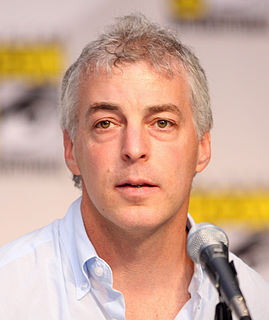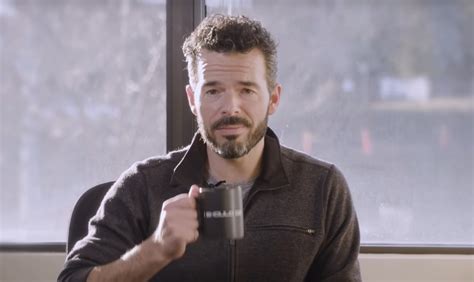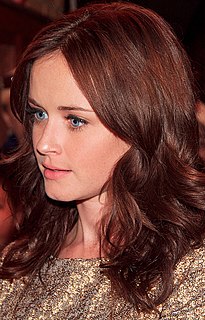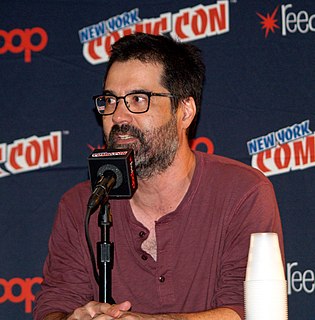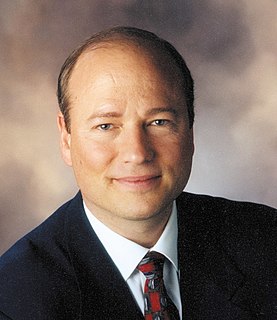A Quote by Jeff Pinkner
The fans have access to the show and the creators, even if it's not direct. I don't know any television creators that don't follow the message boards. The feedback is so immediate, to see what is working and what isn't, and what's working better than you anticipated.
Related Quotes
Almost everyone working in mainstream comics started off as a starry-eyed kid reading and loving comics. We're all fans, and that's great. But when we start working on company-owned comics professionally, we have to think like storytellers instead of fans. Editors aren't looking to hire the biggest fans of the characters. They're looking to hire the best creators with the best ideas.
We had a great producing staff and great filmmakers, but for me, my mission , as a producer, was to make sure that the creators were happy with the film Death Note and that their voices were heard. I felt, if the creators were proud and happy with the film, then in turn, the fans would be proud and happy with the film because the creators know the fan base, inside and out.
But unless we are creators we are not fully alive. What do I mean by creators? Not only artists, whose acts of creation are the obvious ones of working with paint of clay or words. Creativity is a way of living life, no matter our vocation or how we earn our living. Creativity is not limited to the arts, or having some kind of important career.
A free culture supports and protects creators and innovators. It does this directly by granting intellectual property rights. But it does so indirectly by limiting the reach of those rights, to guarantee that follow-on creators and innovators remain as free as possible from the control of the past. A free culture is not a culture without property, just as a free market is not a market in which everything is free. The opposite of a free culture is a "permission culture" -- a culture in which creators get to create only with the permission of the powerful, or of creators from the past.
I think that nationality has no relation to that which gives rise to manga. Even among the Japanese, manga creators are making their creations everyday reflecting their own individuality, with none being the same. What is important isn't the differences between the creators but their love for manga.
